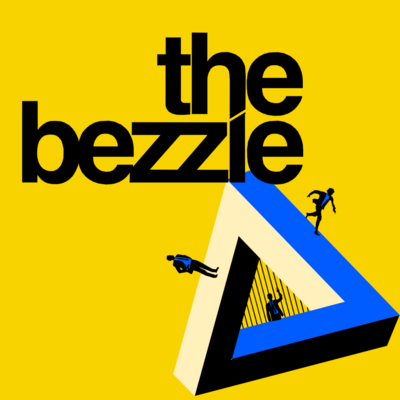We’re living in the #enshittocene, in which the forces of enshittification are turning everything from our cars to our streaming services to our dishwashers into thoroughly enshittifified piles of shit. Call it the Great Enshittening:
https://pluralistic.net/2023/11/09/lead-me-not-into-temptation/#chamberlain
–
If you’d like an essay-formatted version of this thread to read or share, here’s a link to it on pluralistic.net, my surveillance-free, ad-free, tracker-free blog:
https://pluralistic.net/2024/01/13/solidarity-forever/#tech-unions
1/


Having the least to lose, they were the most reckless with their privacy invasions - but they were also the least equipped to pay expensive enablers from giant corporate law firms to hold off European enforcers, and so they were obliterated. The resulting lack of competition is fine, as far as privacy goes: we don’t want competition in the field of “who is most efficient at violating our human rights”:
https://www.eff.org/deeplinks/2021/04/fighting-floc-and-fighting-monopoly-are-fully-compatible
13/
But there’s another benefit to competition: disorganization. A sector with hundreds of medium-sized, competing companies is a squabbling mob, incapable of agreeing on the site for an annual meeting. An industry dominated by a handful of firms is a cartel, handily capable of presenting a unified front to policy makers, and their commercial coziness provides them with vast war-chests they can use to suborn governments and capture their regulators:
https://pluralistic.net/2022/06/05/regulatory-capture/
14/
Competition is the first constraint. When there’s competition, corporate managers fear that you will respond to enshittification by defecting to a rival, costing them money. They don’t care about your satisfaction, but they do care about your money, and competition hitches their ability to satisfy you to their ability to get paid by you.
15/
Competition has been circling the drain for 40 years, as the “consumer welfare” theory of antitrust, hatched by Reagan’s court sorcerers at the University of Chicago School of Economics, took hold. This theory insists that monopolies are evidence of “efficiency” - if everyone shops at one store, that’s evidence that it’s the best store, not evidence that they’re cheating.
16/
For 40 years, we’ve allowed companies to violate antitrust law by merging with major competitors, acquiring fledgling rivals, and using investor cash to sell below cost so that no one else can enter the market. This has produced the inbred industrial hulks of today, with five or fewer firms dominating everything from eyeglasses to banking, sea freight to professional wrestling:
https://www.openmarketsinstitute.org/learn/monopoly-by-the-numbers
17/
The endless and continuous weakening of competition has emboldened corporate enshittifiers, who operate on the logic of Lily Tomlin in her role as an AT&T spokeswoman: “We don’t care. We don’t have to. We’re the phone company”:
https://vimeo.com/355556831
But the drawdown of competition has also enabled regulatory capture, by converting cutthroat adversaries to kissing cousins.
18/
These companies have convinced their regulators not to enforce privacy, consumer protection or labor laws, provided that the gross violations of these laws are accomplished via apps.
This is where #TechExceptionalism is warranted: while the bosses that run these companies aren’t any nobler - or more wicked - than the Robber Barons of yore, they are equipped with a digital back-end for their businesses that let them change the rules of the game from moment to moment.
19/
Think of labor law: as #VeenaDubal writes, gig-work companies practice #AlgorithmicWageDiscrimination, turning your paycheck into a slot machine that pays out more when you are more selective about which jobs you take, and which then docks your pay by tiny increments as you become less discriminating about answering the app’s call:
https://pluralistic.net/2023/04/12/algorithmic-wage-discrimination/#fishers-of-men
20/
This is a plain violation of labor law, but the fiction that gig workers are contractors, combined with the opacity and speed of the wage discrimination back-end, lets the companies get away with it.
21/